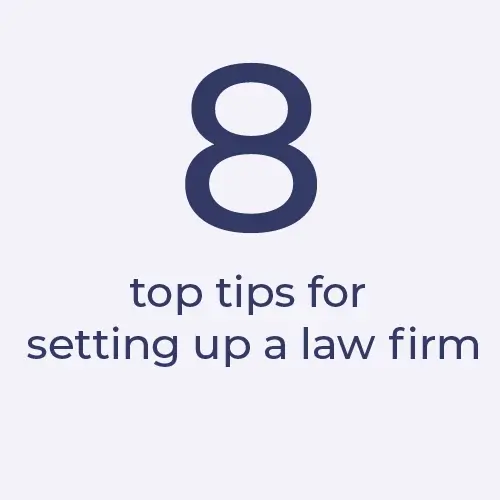It is important to determine your new law firm’s structure at the outset as this establishes a level of understanding with the SRA.
SRA FA1 Authorisation Form
The SRA’s FA1 form for law firm’s authorisation asks you to confirm the structure of your law firm. Specifically, whether you are setting up: a ‘recognised body’, a ‘licensed body’ or a ‘recognised sole practice’. So you will need to decide this before getting too far into the SRA’s law firm authorisation process.
A recognised body law firm simply refers to a more traditional solicitors practice. In this type of practice, all of the partners, directors and owners in the firm are legally qualified.
On the other hand, a licensed body refers to an ABS. In ABS a ‘non-lawyer’ must hold at least some degree of ownership share. Alternatively, they must be a partner or a director in the law firm. Hence, if you intend to have a non-lawyer, an investment or control in the law firm, you will need to apply to become an ABS.
In fact, even more traditional firms and sole practitioner solicitors are opting to purposely create some form of non-lawyer ownership in the business. This it to keep the option open for future investment. Or so that a family member can be part of the business. An ABS is no longer a new and experimental option when setting up a law firm. It is actually becoming the default and with good reason.
The SRA assesses the business in much the same way as a traditional law firm. The upside, however, is that the options available to you for structuring and funding an ABS are virtually endless.
If you do want to be an ABS then the firm could be 100% owned by non-lawyers provided that you have at least one lawyer of England & Wales at the partner / director level in the business. That is a fundamental requirement for allowing non-lawyer ownership of the business. Before you can determine what SRA form you need to fill in for the authorisation, you need to know your firm’s structure.
In terms of the legal structure for your law firm, increasingly we find our clients are opting to be limited companies. Particularly those which wish to practise as an ABS.
Limited Liability Partnerships (LLP) are also an option. Consider it if you are going to have at least two members and don’t need to separate out your ownership structure from your management / director level structure.
Traditional partnerships and sole traders with no limited liability for the principals of the business are a less common choice now. However, ultimately, it is up to you what structure you wish to operate.
The important thing is that if you are going to incorporate your new law firm, you need to do so before you can fill in the SRA forms. This is because you will need the full details of incorporation for the paperwork.
